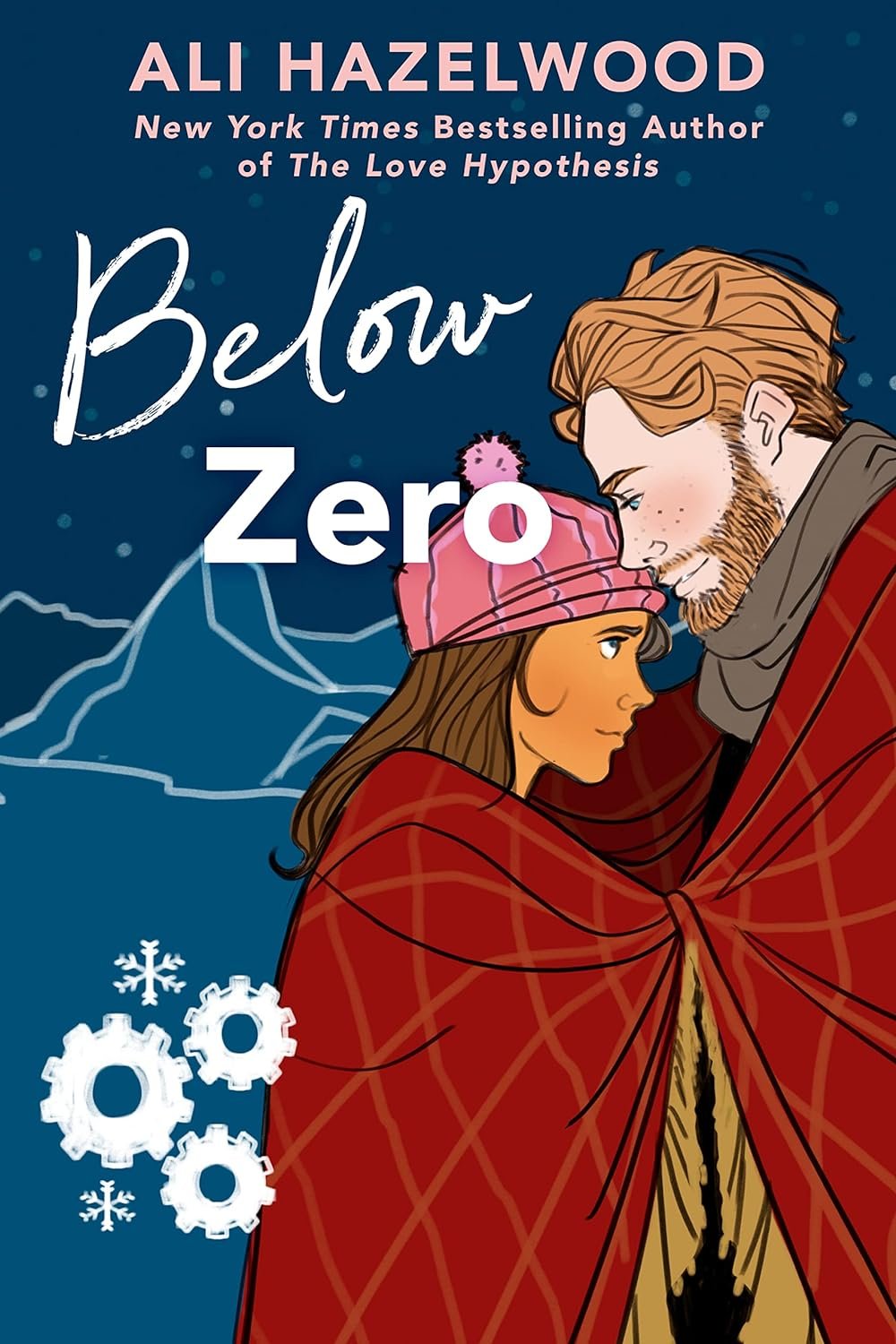Survival through Pain and Suffering: From Rags to Riches
/By telling the step-by-step story of an average person in her book From Rags to Riches, Irene Inker presents us with an individual’s unique experience of finding a better life and recovering a sense of peace in an unfamiliar and seemingly hostile country. Survival… Many of us are so completely comfortable with our daily lives that we have become quite insensitive to other people’s suffering. By itself, the idea of struggling for survival seems foreign to us. It does not really concern us, after all. We live in the land of plenty. So, when we read about people who are forced to pull through, we cannot really relate to their experiences. We watch these lives from aside, quite comfortable in our own middle class spaces and quite certain that we are not likely to suffer through similar issues any time soon.
After a closer look at this book, however, we realize that one of the lessons it teaches us is acceptance. As long as we are able to accept our reality no matter how painful, unpleasant, and irreparable it may be, we stand a chance at survival. It is not about making life better. It is about making life tolerable and “rising to achieve an American dream” (PR Newswire). In her dedication, the author says, “I dedicate this book to my enemies who thru their constant betrayals and backstabbing, made me to grow stronger” (PR Newswire). She dedicates the book to those who hurt her, since they taught her to stand up for herself and fight for what she believes in.
On the other hand, disillusionment is also a result of the suffering she lived through. Life is not as rosy and beautiful as it may have seemed at first to the characters in her stories. The people who were forced to live through the horrors of betrayal and backstabbing have lost it all. Inker’s book offers a commentary on the suffering they experienced. Undergoing suffering and learning to cope with disappointment are some of the major aspects of human experience that the book makes us aware of. The themes in Inker’s book are further illumined by its language. According to PR Newswire, “The language is very simple; it walks you thru life adventures; sad, funny, wit, sarcastic.” In other words, the language in the book is accessible to readers, because it actually helps us connect to the lives of these characters. As we look at their experiences, the simplicity of the language captures our attention, stirring up feelings of sympathy, shock, and pain.
The book also draws attention to major struggles that every immigrant experiences in an unfamiliar country. Finding a job and making enough money to make ends meet are concerns that every one of us encounters at some point. In her novel, Inker describes the obstacles her characters run into once they are up against these struggles. We are momentarily inserted in this reality as we are willfully taken out of our comfort zones and made to imagine what life is like under the most painful and difficult circumstances.
At the same time, Inker’s book takes us on a tour of a life that we cannot really relate to. As we read about it, we look at people who are forced to deal with problems that seem completely overwhelming to them. Finding a job for the purposes of surviving and making ends meet is so much more challenging than looking for work in a homely and comfortable environment. One of the lessons we may glean from the obstacles these characters encounter is that we should never give up. The text captures the lesson we should learn in the following line: “If you want a job you will find a way; if you don’t, you will find an excuse.” After all, if we truly want to find a job, we will do anything no matter how backbreaking and even embarrassing our struggles may be. We will go out of our way to contact as many people as possible and send additional information about ourselves. For Inker’s characters, finding a job is especially important, because it will help them survive. We may learn yet another lesson from the book. According to the author, if we do not actually want a job, we “will find an excuse” not to do anything. The line rings true for us. Experience teaches many of us again and again that wanting is not getting. If we really want to find work, however, we will be able to get it no matter how difficult and impossible the search may seem. Thus, the book glimpses the lives of people who suffer through painful experiences and problems. It teaches us how to respond to difficult circumstances and put up with a reality in which we are not necessarily comfortable.
Above all, the book focuses on the pain we experience when we lose everything that is precious to us. For us, even imagining ourselves in that kind of situation could be quite a challenge. Many of us may read about the struggles of these characters as we relax in the comfort of our own homes. Thus, a situation in which we suddenly lose everything we ever possessed could be almost impossible to imagine. On the other hand, reading the following line from the book shocks us to an extreme: “When you have lost it all, laugh. Do not be afraid anymore. Once you have lost it all, there is nothing more to be afraid of.” Really, we think, what could we possibly fear when everything that was once precious to us has slipped through our fingers? As soon as we lose everything we ever possessed, fear becomes impossible for us. There is nothing more to lose and thus nothing more to fear. Achieving fearlessness suddenly becomes a central goal for us. The book opens our eyes to what is most important in life. What is important, we realize, is not what we lose but how we react to the loss. Yes, it is painful when we lose everything, but, at the same time, the experience can free us from our attachment to the material. We lose everything and become fearless.
Finally, Inker’s book has a cathartic overtone that becomes especially vital to our experience of reading as we endure all the hardships together with its characters. At first, we suffer and may even become embittered but, in the end, we cleanse ourselves and become all the better for the pain we experienced. In the end, we grow and become emotionally mature, psychologically stable, and spiritually enlightened.
















